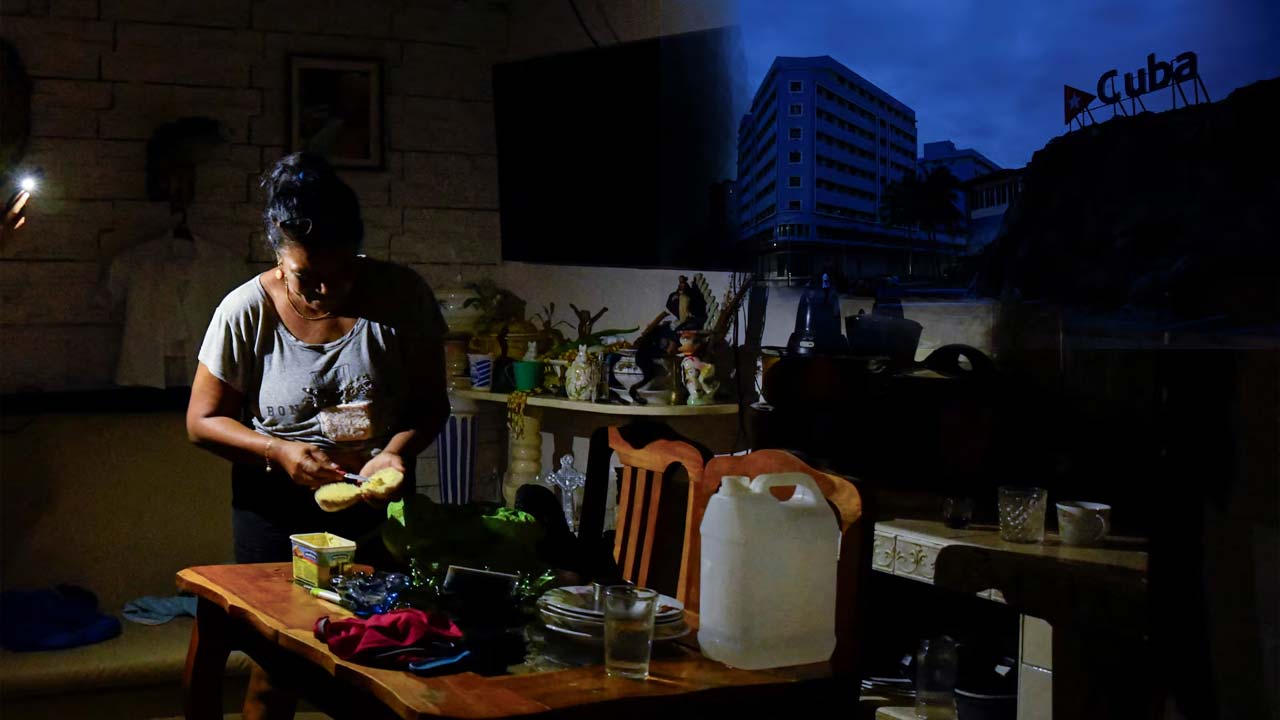
In Cuba, a severe nationwide blackout occurred after the Antonio Guiteras power plant, the largest on the island, went offline, leaving around 10 million people without power. This outage followed weeks of power shortages, leading the Communist government to close schools and non-essential industries and send most state workers home. President Miguel Diaz-Canel assured the public that efforts were underway to restore power, but the process would take time.
The blackout highlights the dire situation in Cuba, where residents already struggle with shortages of food, fuel, water, and medicine. Prime Minister Manuel Marrero attributed the worsening blackouts to deteriorating infrastructure, fuel shortages, and rising demand, exacerbated by strong winds from Hurricane Milton that disrupted fuel delivery.
Cuba’s government also blamed the U.S. trade embargo and sanctions under former President Trump for its energy challenges. However, a White House spokesperson denied that the U.S. was responsible for the blackout or Cuba's broader energy crisis. Fuel supplies have dwindled significantly, particularly from Venezuela, which has reduced its shipments, leaving Cuba to rely on more expensive spot market purchases amidst a near-bankrupt government.












